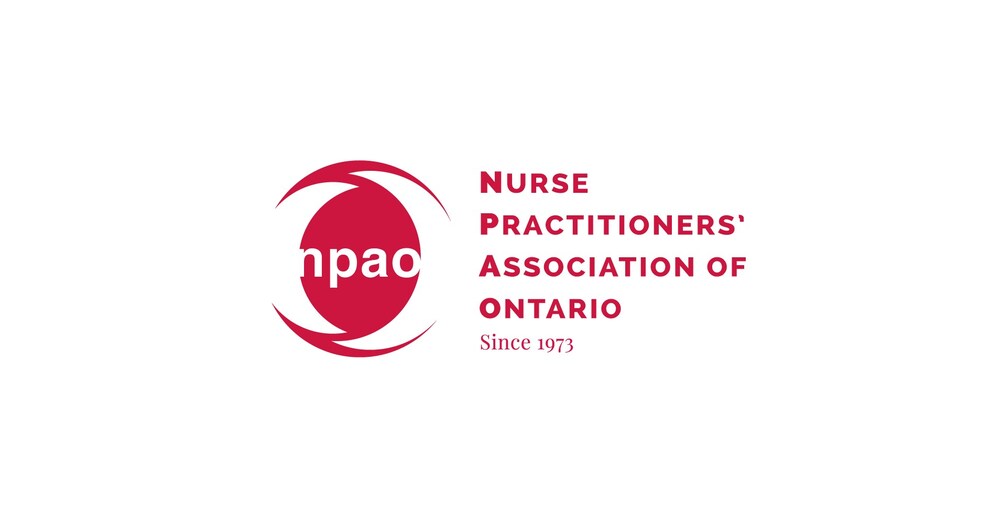NWT’s agency nurse usage will now be more closely watched

How and when the NWT uses agency nurses will be tackled by a working group after the territorial government admitted using them in ways that violate a 20-year-old agreement.
The GNWT allowed a Union of Northern Workers grievance over its use of agency nurses last year.
Even so, the matter went to an arbitrator for what is called a consent award – a formal statement of the sides’ agreement on an issue.
That consent award was issued by arbitrator Thomas Jolliffe last month.
The document enshrines the GNWT’s acknowledgement that it used agency nurses – short-term workers hired from agencies rather than employed directly by the territorial government – in a way that contravenes a memorandum of understanding signed with the union in 2004.
Advertisement.
Advertisement.
Agency nurses have only been used in the NWT for the past three years, but their use in that period has been controversial.
To the territorial government, they are necessary to urgently plug gaps in the NWT’s healthcare system in times of need, particularly as pressures on the health service have grown in recent years.
To some healthcare staff, they are a slippery slope.
Concerned workers argue that because agency nurses are paid a much higher rate than staff employed directly by the GNWT, even the pool of locum workers – people who come up to work for the territory’s health authority for short-term and medium-term stints – stands to shrink, as more locum staff decide they’re better off becoming agency workers and picking the higher rate.
Advertisement.
Advertisement.
In February, one healthcare worker forwarded an email from an agency to its nurses – stating “You just got a pay raise!” – that reported the GNWT would now pay entry-level agency nurses $98 an hour plus various benefits to work in the territory.
The worker characterized $98 an hour as nearly double the pay a local full-time junior nurse could expect.
Separately, a nurse in the NWT said: “Locum nurses work under the same collective agreement as us. They get the same hourly rate, they get their flight benefits paid, they get some of their stay paid and then they have to pay for a little bit of their hotel.
“If they became an agency nurse, they would make close to double the pay, they would have 100 percent of their stay paid, plus they would get some bonuses and they get per diems for food.”
Both workers asked for anonymity to discuss sensitive details related to their employment.
The more agency nurses are used, the more some staff argue the NWT moves closer toward a tipping point where the health authority in effects commits itself to using an ever-increasing number of agency nurses, because the positions become so attractive that workers can’t be found who will accept any other terms.
Union hails ‘significant win’
The consent award published last month restates the union’s right to monitor the GNWT’s use of agency nurses.
The GNWT is asked to provide “an identifier for each agency nurse that allows the union to monitor such usage while preserving the employer’s obligations regarding the disclosure of confidential information.”
Advertisement.
Advertisement.
Meanwhile, a working group between the GNWT and union will be immediately re-established and tasked with identifying when agency nurses should be used – and when they shouldn’t.
The Union of Northern Workers says that working group met during the Covid-19 pandemic. Otherwise, it’s understood not to have been used since the MOU was signed in 2004.
“Now that Covid is not adding the same level of stress and pressure, it is important to re-focus on the hiring and retention of our healthcare professionals,” union president Gayla Thunstrom told Cabin Radio by email last week.
“With the cooperation of the employer, the working group should effectively work in identifying specific and special circumstances that may rise to the need in engaging agencies, as a last resort, to ensure the continuation of services to the public.”
Thunstrom said the agreement overall marked a “significant win for our members in healthcare in combatting precarious work and taking jobs out of our northern communities.”
The GNWT, through a Department of Finance spokesperson, said it was “committed to working with the Union of Northern Workers on all aspects of agency nurse use.”
The territory said it would use the working group to “explore and identify scenarios which warrant the use of agency nurses in the North.”
“Subsequently, the GNWT will continue to work closely with the UNW to monitor and report on the use of agency nurses to ensure use only in exceptional circumstances, as a last resort,” the spokesperson stated.
Advertisement.
Advertisement.
NWT agency nurse data
Figures published in the legislature last week show the GNWT has spent just over $10 million on agency nurses since it began using them in the 2021-22 financial year.
Data published in response to a written question from Range Lake MLA Kieron Testart suggests agency nurses cost more than $5 million in 2022-23 and a little over $4 million in 2023-24.
Travel expenses and per diems alone have accounted for more than $1 million in agency nurse spending over the past two years. Their accommodation cost another $1 million over the same period.
Responding to a question from Testart, the GNWT said the money spent on agency nurses in 2023-24 “was equivalent to 31 registered nurse positions,” given a full-time registered nurse costs the government an average of $143,000 a year in total.
How many agency nurses were hired using that money, and for how long, wasn’t included in the data.
Related Articles
link




